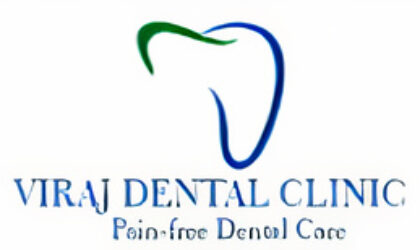Is It Safe to Smoke After Tooth Extraction?
Tooth extraction is required as a result of a variety of oral and health conditions. It can occur as a result of a major or minor accident, severe tooth decay, or poor oral health. It is, however, the last option that your oral health practitioner will consider if tooth recovery is not possible. If you are a frequent smoker who has had a tooth extracted, read this article to learn about smoking after tooth extraction. After the procedure, you must wait for the area to heal before returning to normal; otherwise, it can cause significant oral problems.

After-tooth extraction smoking
Smoking is dangerous, and no doctor will recommend it. Quitting is difficult; however, with the right support, you can do it. Consider quitting smoking gradually if you want to live a long and healthy life. Furthermore, you must refrain from smoking for the next three days following tooth extraction. Furthermore, it is dependent on your gums’ ability to heal. Following the procedure, a clot forms in the area, which requires special attention. In the case of smokers, blood clots take longer to heal. If the clot causes any damage, you must seek immediate dental care.
The following are some of the more common issues that can arise if you smoke after tooth extraction or before the clot heals:
The blood clot dissolves
When you smoke, the healing process is slowed significantly, and there is a risk that blood clots will loosen and the wound will become infected. If this occurs, there is a risk of bleeding and infection. Furthermore, you may experience prolonged sensitivity that does not go smoothly and develop dry sockets. The nerves within your gums are exposed, and the pain is excruciating.
A Bare Socket
The condition causes nerve tissues in the gums to become exposed, resulting in extreme sensitivity. The wound swells, causing excruciating pain. Dry sockets also cause bad breath and an unpleasant taste in the mouth. Although the condition heals, it takes much longer, and you must be cautious until your condition returns to normal. You must stay hydrated, rinse your mouth frequently, and keep it clean at all times to prevent bacteria from spreading and causing infections. Dry sockets typically take a week or more to heal completely. Smokers are more likely to develop dry sockets.
Why do smokers need to have tooth extraction?
Smoking is bad for your teeth. Their teeth are frequently prone to diseases and infections. Gingivitis is a common disease that affects all smokers. Its chemicals are harmful to one’s oral health, causing gum inflammation. Bacteria are activated by smoking and can quickly grow and spread, causing decay and disease. As a result, if you are a smoker, consider quitting for your safety. Smoking is the root cause of many problems, and quitting at the appropriate time will benefit you.
So, if you smoke, be aware that smoking after tooth extraction can have negative consequences, and you may need to go to the best dental clinic in gaur city for oral treatment.
